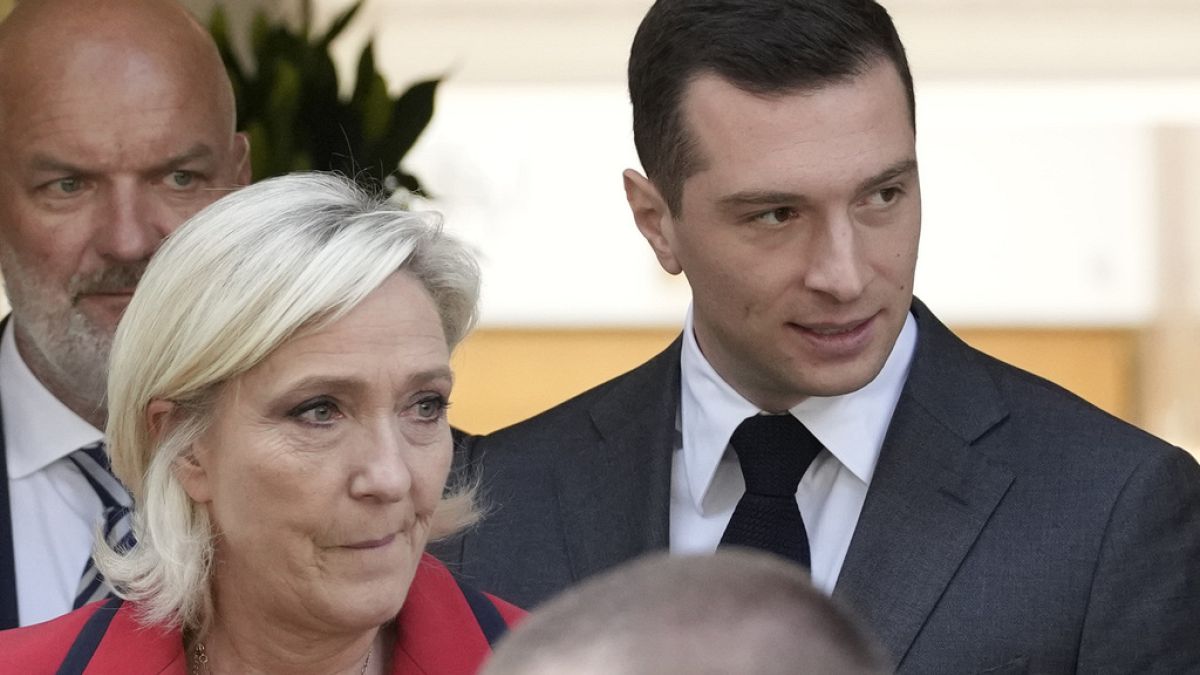The second round of voting has begun in France, where a far-right government led by Marine Le Pen’s National Rally party could potentially come to power. However, most analysts suggest that a hung parliament is more likely. The runoff elections are crucial, as they could determine which party controls the National Assembly and who will be the prime minister of the country.
The first round of voting on June 30th saw significant gains for the National Rally, marking it as a potentially strong contender in the current elections. The outcome of Sunday’s vote will be key in shaping the future of French politics, potentially leading to months of political deadlock. If support for Macron’s centrist majority further erodes, he may be forced to share power with parties that oppose his policies.
The electoral campaign has been marred by racism and anti-semitism, along with Russian cyber-campaigns targeting candidates. More than 50 candidates have reported physical attacks, leading to heightened tensions in the country. 30,000 police officers have been deployed on voting day to prevent any potential disorder by extremist groups, highlighting the seriousness of the situation.
France is facing its most important elections in decades, with the possibility of the first far-right government since World War II looming. Polls have suggested that the National Rally may win the most seats in the National Assembly but could fall short of an absolute majority. This could lead to a hung parliament, prompting Macron to consider coalition negotiations or forming a technocratic government.
The potential outcomes of the elections remain uncertain, with the National Rally, Macron’s centrist alliance, and a coalition of center-left, hard-left, and Green parties all vying for power. The results could have significant implications for France’s standing in the European Union and its ability to make decisions on key issues such as arming Ukraine and reducing the deficit. The financial markets have been on edge since Macron announced snap elections earlier this year.
Despite the uncertainty, the National Rally has managed to connect with voters in small towns and rural areas by tapping into frustrations about low incomes and a perceived elitist political leadership in Paris. Le Pen has softened some of the party’s more extreme positions, making it more palatable to a wider audience. The final results of the elections are expected late Sunday or early Monday.
In conclusion, the runoff elections in France will have significant implications for the country’s political landscape. The potential for a far-right government or a hung parliament adds to the uncertainty surrounding the outcomes. The heightened tensions and violence surrounding the electoral campaign highlight the seriousness of the situation. As the elections come to a close, all eyes are on the results that will shape the future of France and its relationship with the European Union.










